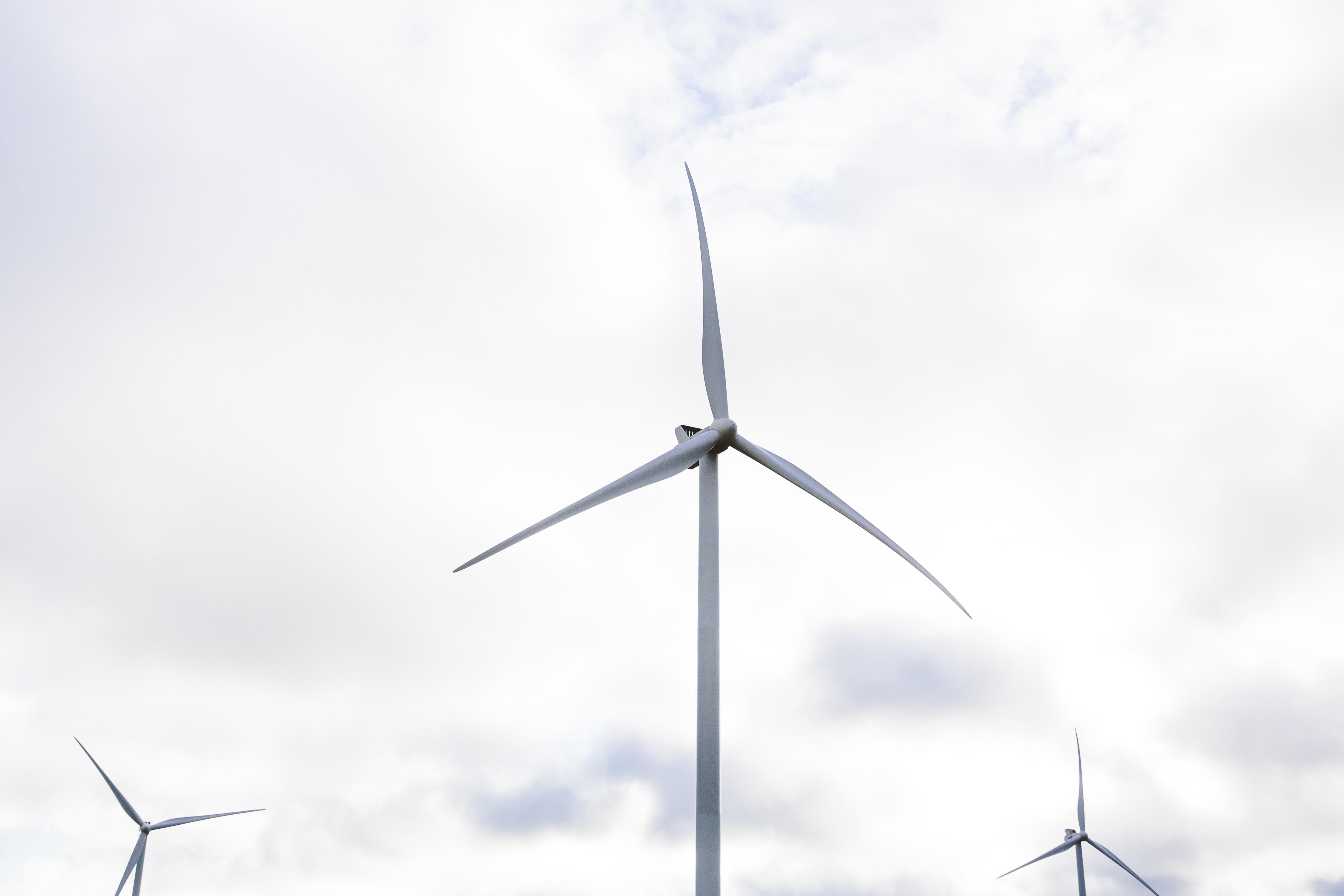
First reinforced material generated from recycled wind turbine blades

EDP Renewables, through its collaboration agreement with TRC, produces the first reinforced material generated from recycled wind turbine blades.
These are the first results of the agreement signed with TRC in 2017 to develop viable and highly efficient alternatives for the recycling of decommissioned wind turbine blades.
Madrid, 21 February 2018: EDP Renewables (Euronext: EDPR), a global leader in the renewable energy sector and one of the world’s largest wind energy producers, has revealed the first results of its agreement with Thermal Recycling of Composites (TRC), a spin-off of Spain’s National Research Council (CSIC), aimed at recycling wind turbine blades through the new R3FIBER system. After little more than six months since the agreement was signed, and thanks to the collaboration with CSIC and the Technology Centre of Catalonia (Eurecat), the program has already produced the first samples generated through this recycling process which, after undergoing additional steps to enhance quality, will provide a second useful life for wind assets.
This represents an important first step towards reusing turbine blades to create lightweight materials with robust mechanical properties that can be employed in a wide range of sectors, such as automotive manufacturing, railways, maritime transport, industry, leisure and sports. These raw materials can be used to manufacture panels, seats and consoles for use in rolling stock, street furniture, bicycles and boats, among many other uses.
The production of these new reinforced materials represents a considerable environmental success story, both in terms of cutting CO2 emissions and reducing the volume of waste. Further research in the future may revolutionise the composite material market.
The R3FIBER technology, developed by TRC in collaboration with CSIC and the Technology Centre of Catalonia (Eurecat), hinges upon the complete reuse of materials without producing any waste. This thermochemical transformation converts resins into combustible gases and liquids, a process that produces reusable fibres (fibreglass and carbon fibre). There are therefore no limits to the reuse of composites nor the need to separate materials containing carbon fibre, as the technology can be applied to components with both fibreglass and carbon fibre. The resulting fibres (fibreglass and carbon fibre) are similar to the composites used to manufacture the original blades, a key factor that enables their subsequent reuse.
The R3FIBER technology allows total reuse of mass, energy and materials and is the only process capable of yielding high-quality fibres (without resins) that can be reused. Furthermore, the technology is sustainable, as it does not generate waste, and efficient, as it allows for energy to be recovered during the transformation process.
Following production of these first fibres, the next steps will focus on maximum optimisation of their performance, before designing and manufacturing prototypes in conjunction with ELISAVA (Barcelona School of Design and Engineering), and other public and private bodies.
According to João Manso Neto, CEO of EDP Renewables, “this is a key step in our project to develop sustainable energy solutions. Although waste from decommissioned blades is still an emerging issue, there is no doubt that this matter will gain traction going forward. At EDPR, we have already started to propose solutions.”